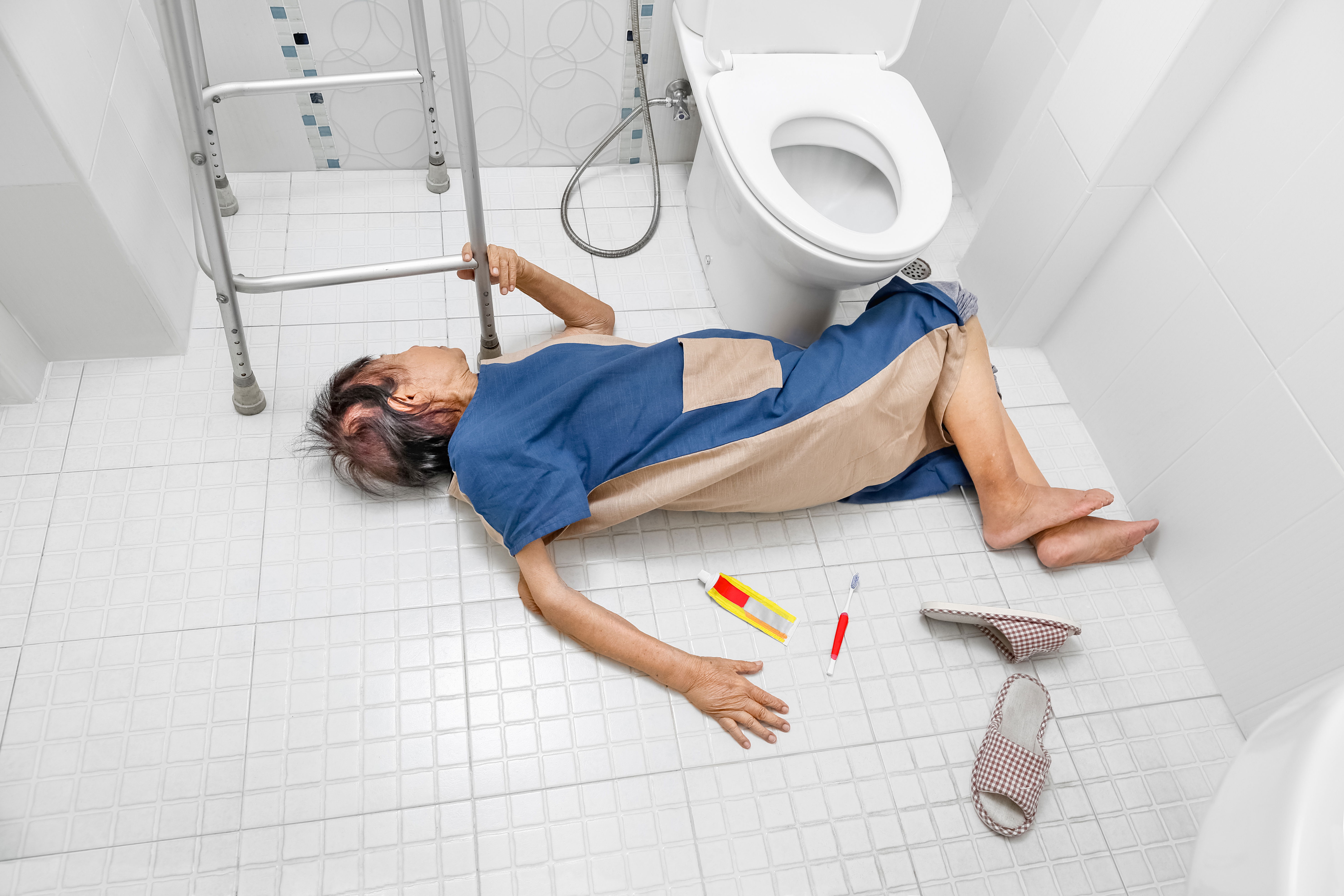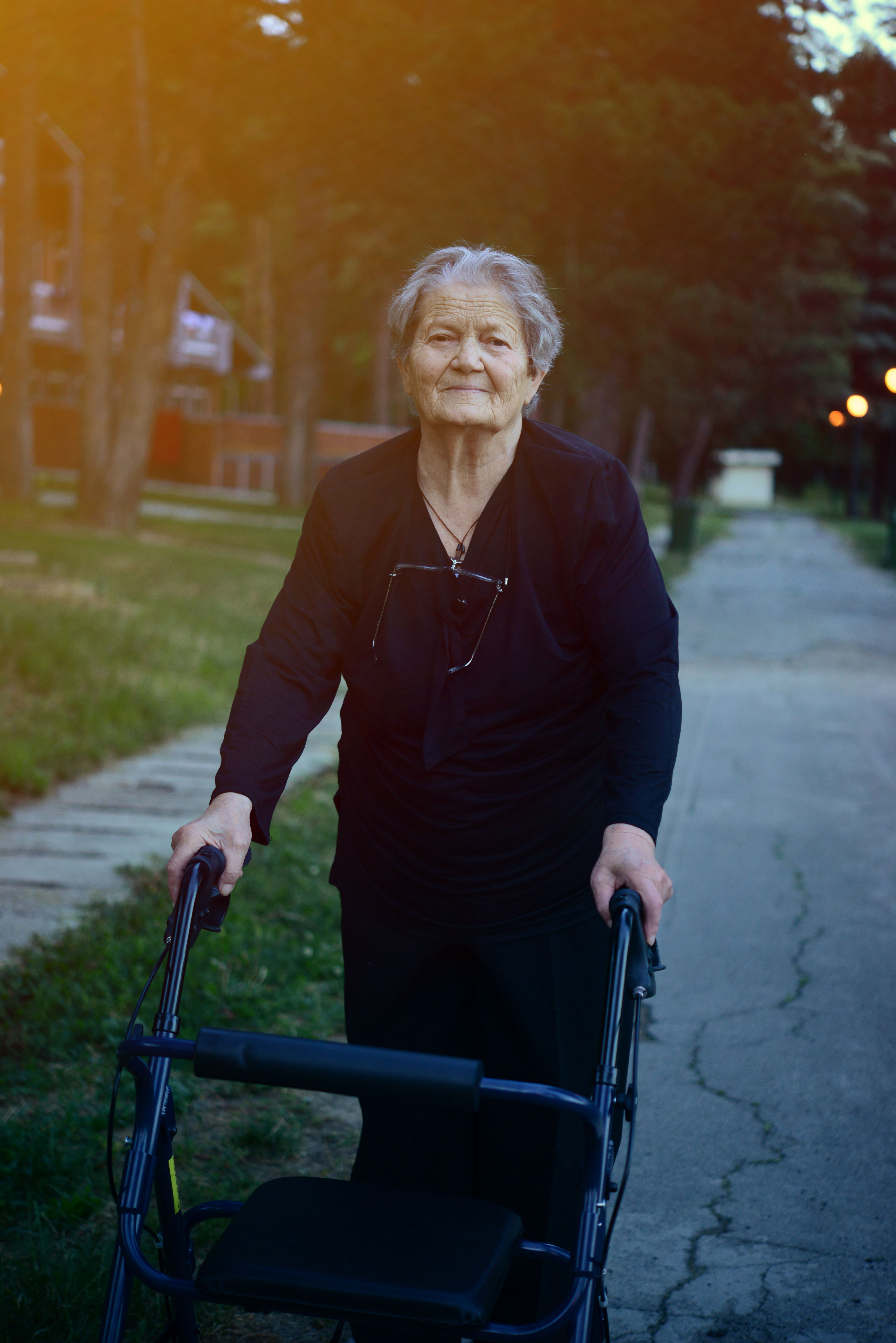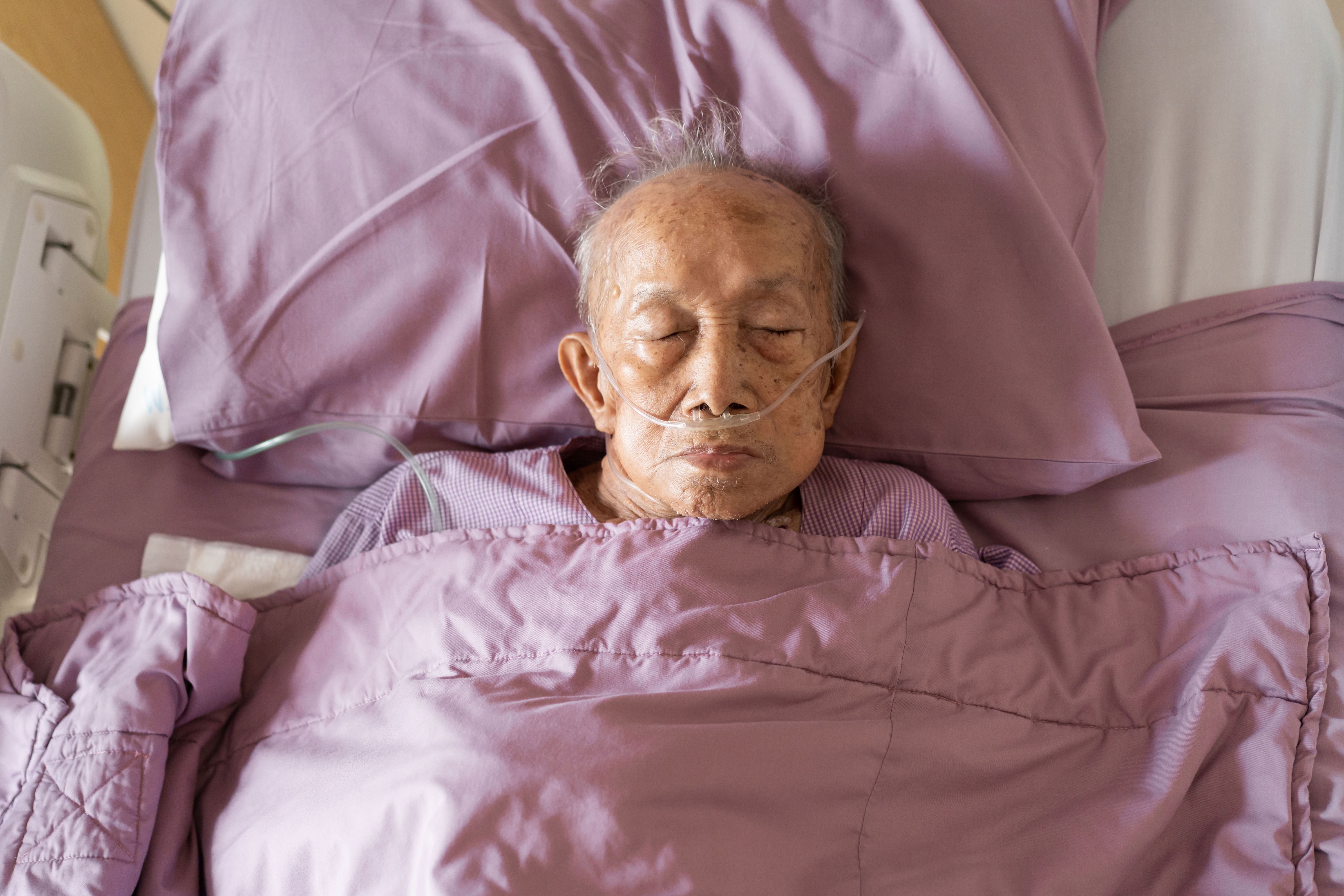When Is It Time for 24-Hour Home Care?
Caring for a loved one can be one of life’s most rewarding experiences, but it also brings unique challenges. Recognizing when to transition to 24-hour home care is crucial to ensure both the safety of your loved one and the well-being of family caregivers.

Recognizing the Right Time for 24/7 Care
The decision to elevate a care plan to 24-hour support is often tinged with emotions. However, ensuring the safety and health of your loved one might necessitate this step. Here are some early indicators that it might be time for comprehensive care:
1.Frequent Falls or Compromised Balance:
Unexplained bruises or falls are red flags. Consistent supervision can prevent injuries and provide peace of mind.

2. Day and Night Confusion: Sundowner's syndrome or general confusion about time can lead to dangerous situations. Around-the-clock care can minimize risks.

3. Assistance with Eating or Drinking: Difficulty with meals can lead to nutritional deficits. Caregivers ensure balanced meals and proper hydration.

4. Symptoms of Dehydration: Fainting or disorientation related to dehydration suggests the need for continuous care and monitoring.

5. Wandering Tendencies: If your loved one starts to wander from home or frequently gets lost, 24/7 supervision is essential.

6. Bathroom Accidents: An increase in accidents might indicate mobility or cognitive issues that require professional care.

7. Nighttime Wandering:
Sleepwalking or nocturnal wandering can be dangerous, necessitating constant watchfulness.

8. Post-Hospitalization Care:
After surgery or a hospital stay, full-time care helps in ensuring safe recovery and reducing readmission risks.

9. Bed-bound Concerns:
Being confined to bed can lead to bedsores and other complications. Frequent repositioning and care can prevent these issues.

10. Caregiver Burnout:
Family caregivers may experience sleep deprivation and chronic stress. Prioritizing their health and well-being is crucial, as they are vital to the care team.

Steps to Initiate 24-Hour Care
Taking the leap to implement 24/7 care may seem overwhelming. Here’s how to start:
Engage a Professional Agency: Opt for licensed, insured home care agencies. They ensure that caregivers are trained, offer a sense of security, and provide backup if the primary caregiver becomes unavailable.
Assess Specific Needs: Work with healthcare professionals to evaluate the unique needs of your loved one, facilitating tailored care plans.
Frequent Communication: Maintain open lines with caregivers, ensuring that expectations are met and the care plan adapts as needs evolve.
Involve Family: Regular family meetings can provide emotional support and distribute responsibilities, preventing burnout.
By recognizing and acting upon these signs, you can ensure a better quality of life for your loved one while fostering a sustainable environment for family caregivers. The shift to 24-hour home care marks a compassionate step towards comprehensive support and safety.
Is Your Family Considering Home Care?We can help you understand your options and determine the best plan for your family, your budget, and your loved one's care needs. Give us a call or contact us online—and we'll get back to you within 2 hours.
